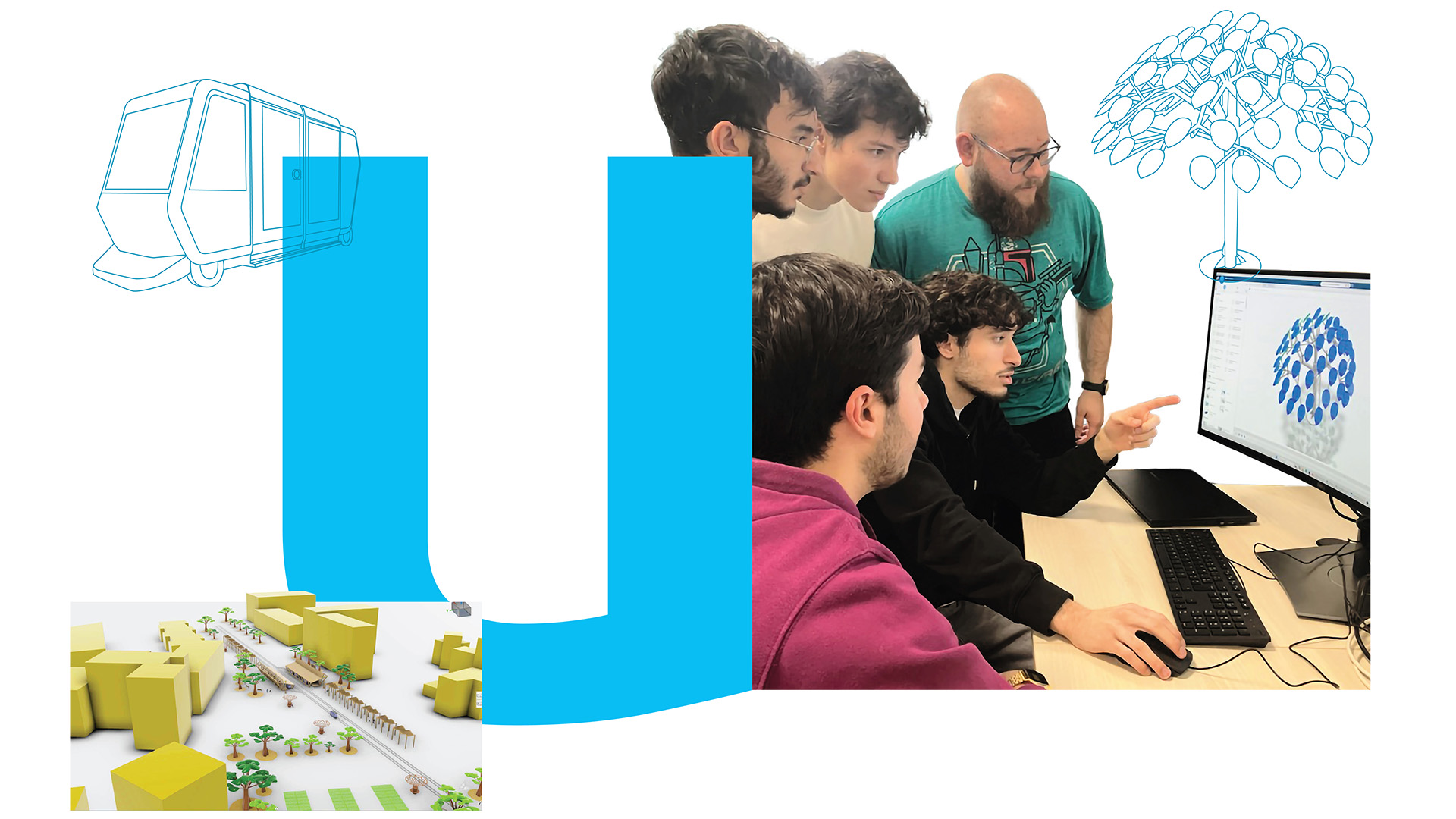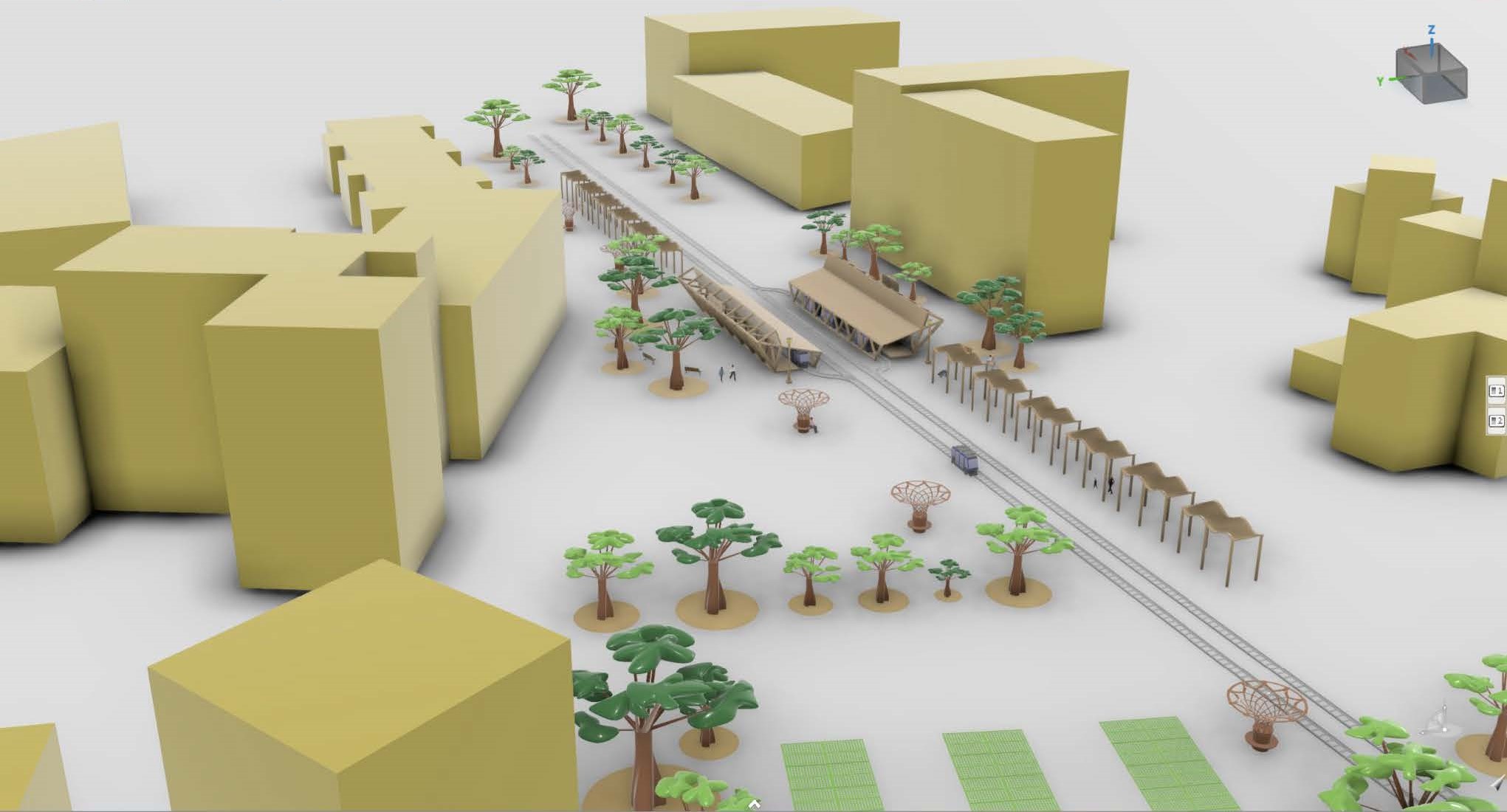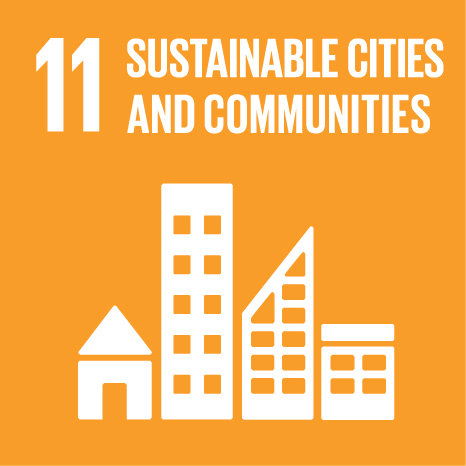e-Urban Manager: A Pioneer Training for Tomorrow's Sustainable Cities
Polytech Nancy and La Fondation Dassault Systèmes in France have teamed up to create e-Urban Manager, the first training program prototype designed to prepare future engineers for the governance of sustainable urban planning projects.

Inventing the Sustainable City: An Urgent Challenge
Rapid urban growth, resilience to climate risks, energy transition, sustainable mobility, improving the quality of life of residents, inclusivity, and social equity: cities are facing a wide range of challenges that require innovative solutions and a complete rethinking.
This necessary transformation has a major impact on public policies. Elected officials need to rely on the expertise of individuals who can turn data into decision-making tools.
The e-Urban Manager pilot program was developed precisely to address the emerging need for new profiles. This training curriculum is tailored to the ongoing transitions in our societies, empowering engineering students with the right skills to manage urban planning projects that combine technological innovation with sustainability.
An Innovative Curriculum for the Cities of Tomorrow
Developed by Polytech Nancy – a French public graduate school of engineering, part of Université de Lorraine – with the support of La Fondation Dassault Systèmes, this groundbreaking training program allows future engineers to work on real-world urban projects related to the challenges of tomorrow's cities. It helps them better understand local issues and develop the cross-disciplinary skills necessary for this future-oriented career path in high-demand.
Throughout the e-Urban Manager program, students work in teams to address key questions such as how to reduce urban noise, improve air quality, or create greener and cooler spaces.
They receive personalized tutoring from university professors as well as engineers and experts from Dassault Systèmes who share their expertise and guide them through using advanced collaborative 3D modeling and simulation technologies. The program also involves experts from local authorities who advise students throughout their extensive research on urban issues related to their projects.

Virtual Twins at the Heart of Urban Ecological Transition
By building virtual twins of neighborhoods in the city of Nancy using the data they have created or collected, students can simulate the environmental impact of their ideas, explore innovative structures and materials, while strengthening their technical skills in preparation for tackling the complex challenges of ecological transition.
One of the flagship projects students are working on as part of the e-Urban Manager training is Urbanloop, a game-changing development in urban mobility. This autonomous transport system, running on wheels along a central rail stands out due to its lightweight capsules, low energy consumption, ease of installation, and adaptability.
The system is designed to serve suburban areas, industrial parks, and tourist sites, while significantly reducing the carbon footprint of transport. Students have initially modeled and integrated these capsules into Nancy’s urban landscape to study environmental issues such as air quality, noise pollution, and the placement of heat islands along the planned route.
International Collaboration Focused on Solar Energy
With the support of La Fondation Dassault Systèmes, students are also working on the design, modeling, and production of solar trees in collaboration with the N.K. Orchid College of Engineering & Technology (NKOCET) in Solapur, India. While their use is not intended to revolutionize the energy supply of cities, in a world seeking sustainable solutions, solar trees emerge as an inspiring innovation. Combining aesthetics, efficiency, and ecological responsibility, this device, initially conceived by NKOCET, harnesses solar energy to power various systems and can be used to meet the practical needs of citizens, in cities, towns and villages.
These academic exchanges with NKOCET in India add a valuable international dimension to the program, allowing French and Indian engineering interns to gain valuable insights and work on adapting these solutions to different contexts, such as integrating solar energy into urban spaces to power charging stations for phones and electric scooters.
The 2030 Agenda for Sustainable Development
Adopted by all United Nations member states, the 2030 Agenda for Sustainable Development provides a shared blueprint for peace and prosperity for people and the planet, now and into the future. At its heart are the 17 Sustainable Development Goals (SDGs), which are an urgent call for action by all countries - developed and developing - in a global partnership. La Fondation Dassault Systèmes supports the e-Urban Manager program in meeting five of these goals : Quality Education, Sustainable Cities and Communities, Climate Action, Affordable and Clean Energy, and Partnerships for the Goals.

About our Partner
The ID+ Lorraine Foundation
The ID+ Lorraine Foundation, established as a scientific cooperation foundation in 2021, aims to promote scientific excellence in Lorraine and raise the region's profile in research, innovation, and education, boosting its overall attractiveness.
The ID+ Lorraine Foundation brings together 17 founding members who collaborate for the general interest of the region and society at large, helping to drive success for all, foster entrepreneurship, and promote excellence in research and innovation.




